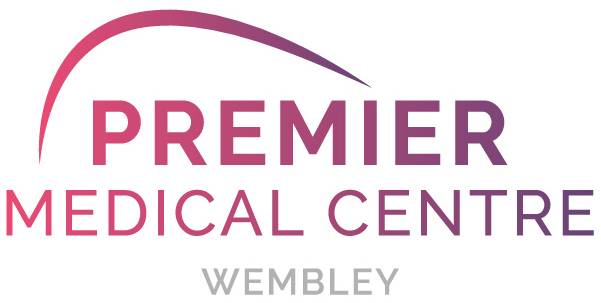Coronary heart disease
Coronary heart disease (CHD) is the leading cause of death both in the UK and worldwide.
It's responsible for more than 73,000 deaths in the UK each year. About 1 in 6 men and 1 in 10 women die from CHD.
In the UK, there are an estimated 2.3 million people living with CHD and around 2 million people affected by angina (the most common symptom of coronary heart disease).
CHD generally affects more men than women, although from the age of 50 the chances of developing the condition are similar for both sexes.
For more information, please click here.
High Blood Pressure / Hypertension
High blood pressure, or hypertension, rarely has noticeable symptoms. But if untreated, it increases your risk of serious problems such as heart attacks and strokes. More than one in four adults in the UK have high blood pressure, although many won't realise it.
For more information, please click here
High cholesterol is a common problem; it is associated with heart problems including heart attacks and strokes.
We usually look at the cholesterol for each individual and assess their risk based on their age, gender, blood pressure and whether they have diabetes. Your doctor may recommend some lifestyle changes or a tablet to help reduce your cholesterol.
South Asian Healthy Substitutes to help with cholesterol and heart health
High Cholesterol
ECG
An electrocardiogram (ECG) is a simple test that can be used to check your heart's rhythm and electrical activity.
Sensors attached to the skin are used to detect the electrical signals produced by your heart each time it beats.
These signals are recorded by a machine and are looked at by a doctor to see if they're unusual.
An ECG may be requested by a heart specialist (cardiologist) or any doctor who thinks you might have a problem with your heart, including your GP. The test will usually be carried out at a hospital or clinic by a trained specialist called a cardiac physiologist, although it can sometimes be done at your GP surgery. Despite having a similar name, an ECG isn't the same as anechocardiogram, which is a scan of the heart.
This is where your blood pressure is tested automatically around every 30 minutes over a 24-hour period using a cuff attached to a portable device worn on your waist.
ABPM can help to give a clear picture of how your blood pressure changes over the course of a day.
Please click here for more information about ABPM

